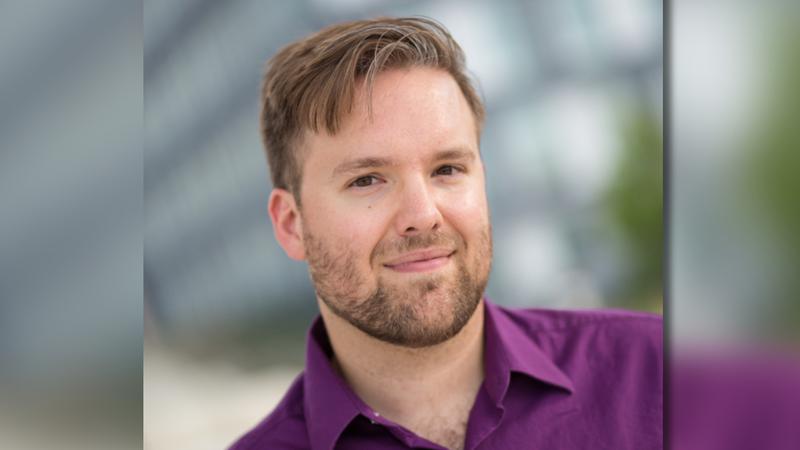
Duelling public health emergencies confronts new Island medical health officer
NANAIMO — Island Health’s new Medical Health Officer joins the region at a trying time.
Mike Benusic took over as the central Island’s top public health official in early July, replacing Dr. Paul Hasselback who retired after nine years in the role.
Benusic takes the reigns amid duelling public health emergencies trending in vastly different directions for Vancouver Island. As COVID-19 numbers remain largely stagnant in the region, Vancouver Island has seen back-to-back record high months of overdose deaths.
“It’s incredibly unfortunate and tragic to see that after many years seeing a decrease in overdoses across the Island that we are now seeing those numbers not only escalate but go to new highs,” Benusic told NanaimoNewsNOW.


